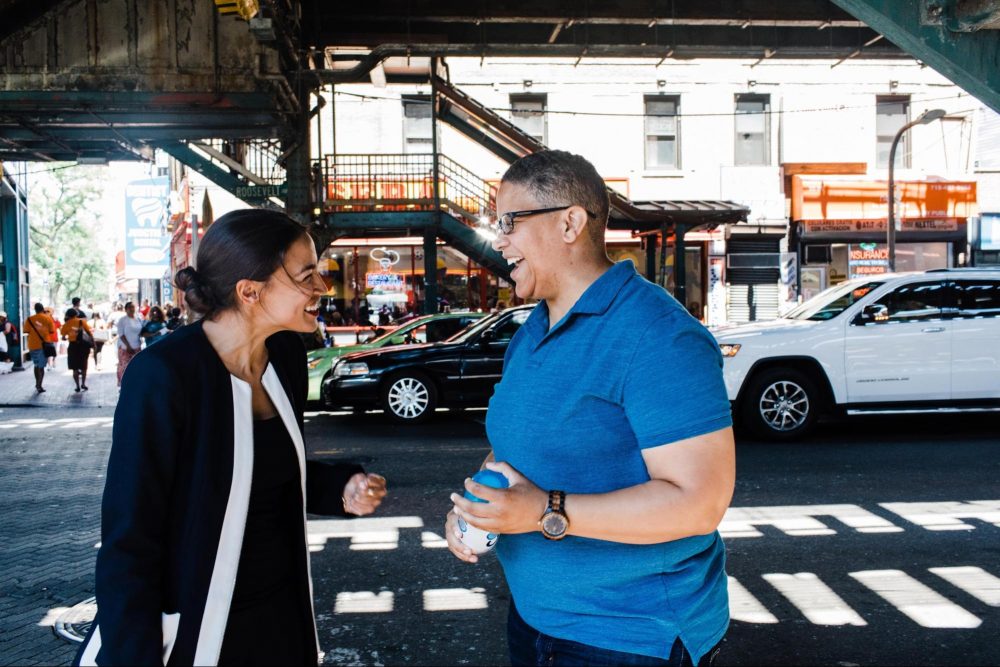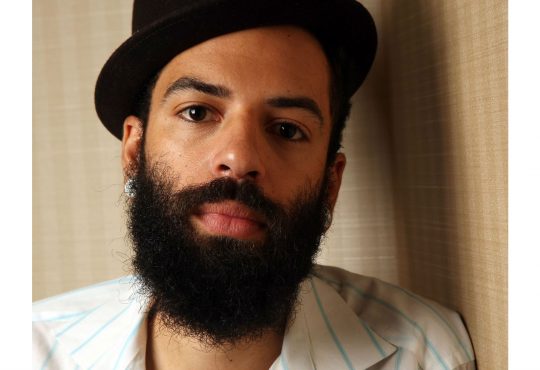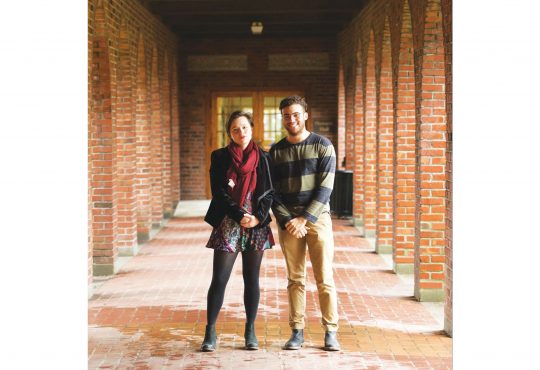

Opposing the actions of an institution does not equate to opposing the existence (or even all actions) of an institution. Many of us Loggers have been and continue to be very critical of actions taken by the University — and we should be critical; after all, by being students here, we are intertwining our own narrative with that of the University.
The University, like any institution, has parts of its past that are shameful. In recent memory, there have been incidents of blackface on campus. Incidents of racism and xenophobia have been swept under the rug. It is imperative that we not only recognize this but also take ownership for this. We must also take steps to correct past harms and prevent them from being further perpetuated.
When there are incidents on campus that are problematic, as students we must demand action. If we are part of the problem, we must own up to our own guilt and work to mitigate the harm of our own actions. I firmly believe that Loggers care about each other and the world around them. I firmly believe we want to work to be our best selves. I firmly believe that we want the institution to function in the same way. We create that change by making sure that we are creating a community where everyone feels welcome and safe.
Laying that foundation now creates an even better environment for future Loggers and an institution that we will be proud to call ourselves alumni of.
By being critical of actions taken by the administration, faculty, fellow students and even (very importantly) ourselves, we are creating that change. Do not mistake criticism with dislike or opposition. Criticism identifies a problem and articulates what we as members of the University of Puget Sound do not want the University to be.
The worst thing we can do in the face of criticism is deny the existence of a problem. Even if we disagree with criticisms another person has, we should still examine their criticisms. What one person views as a problem might not be viewed as a problem by another; that is okay. We all come from different backgrounds that inform our world view. If someone has a criticism that you disagree with, do not shut them down — open the dialogue.
Disagreement and dissent are key to creating an environment that we all feel comfortable with. I know it can feel really uncomfortable to challenge people and even more so to have to be confrontational if the situation demands it, but we must be OK with this discomfort. Disagreement and dissent do not have to be (and really should not be) personal; you can disagree with the actions and opinions of a person without opposing the person as a person.
If there is something happening, on or off campus, that you disagree with — speak up! Our voices have power and our actions create impact.
Criticism is wonderful because it allows us to say what we oppose about an institution or person’s actions. However, all too often we stop there. We say our piece about why we dislike something but we don’t provide an alternative. To be effective in our criticism, we must identify what we think a better alternative would be.
Once the alternative (or alternatives, as the case may be) has been identified, we must take actions to create the alternative.
As college students, we are in the very cool position of being able to create institutional change relatively easily. At a school as small as ours, getting to appointments with people from the administration, such as one of the deans or even President Crawford, is much more doable than it would be at other schools.
If we are upset about something that has happened in class, our classes are small enough and our professors easy enough to access that we can take swift action to address situations we disagree with.
Sometimes, the action that should stem from a criticism is education. If something problematic is said or done, we can create a space to educate people. Sometimes, follow-up action after incident must go beyond simple education. There are times in which it is necessary to create change within policy, procedure or even larger structural changes.
If you have an idea for change but you are not sure how to bring it to fruition, talk to people. We have structures in place on campus to help students implement the change they wish to see.
An easy start is talking to your peers. Chances are there are other people who feel the same way as you. Work with them, hear about their experiences. There is strength in numbers; finding others makes it that much easier to create change.
You can also talk to the Associated Students of the University of Puget Sound (ASUPS). ASUPS represents us and our interests. Find a senator at office hours, reach out to the executive team, even just go into the ASUPS office and talk to someone in there. It does not matter how you choose to initiate the conversation, it just matters that you do. ASUPS represents the student body and therefore what we want as students.
If you are willing to, you can always talk to faculty and staff as well. Based off of my interactions on this campus for two years, I feel comfortable saying that the overwhelming majority of adults on this campus want what is best for us as students. They are often willing to be sounding boards for our ideas at the very least. Many of them are also willing to provide insight and other assistance if they are able to do so.
Fight to make the change you want. If your first steps are not successful, do not give up. If you feel strongly about creating change, chances are other people are going to be willing to be by your side to help with the fight. Many of them might just be waiting for someone else to get the ball rolling.
If your attempts to create change are unsuccessful, do not lose hope. Sometimes creating change, especially large-scale, structural change is a fight that takes years and many people. You can instigate the change. If there is change already being fought for, you can make sure it continues to be fought for. At the very least, by working to create change now when you are here as a student, you have contributed to the institutional memory.
Whether writing essays for class, writing articles for The Trail, participating in student government, leading demonstrations or working to create change in any of the other many ways that exist, you are creating an institutional memory. If we are able to have any type of documentation of past criticism of the University and steps taken to address the situation then we have laid the groundwork for future fighters.




